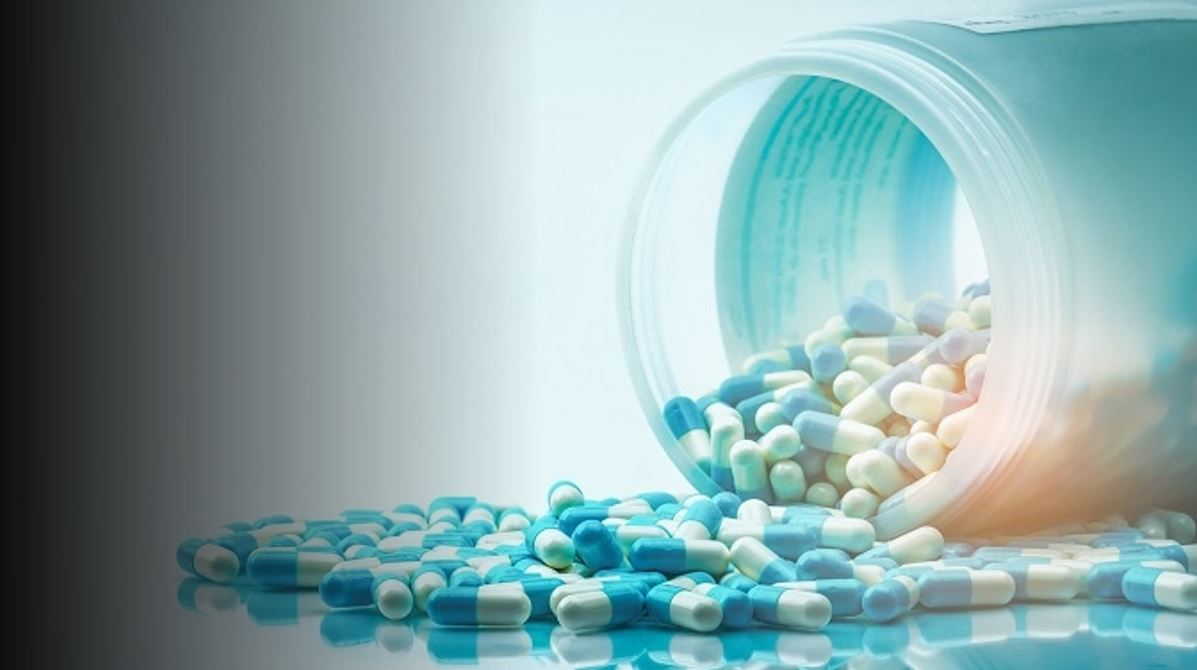Market Research & Insights
Key factors impacting the pharmaceutical market during COVID-19

Key factors impacting the pharmaceuticals market during COVID-19 include delay in outpatient hospital visits for non-urgent treatments, supply chain disruptions globally, reduced pharmaceutical spending, and interruptions in approval and launch of new medicines.
The overall impact is likely to be neutralised by certain factors including higher demand for certain marketed drugs including anti-viral, anti-infective, analgesic, and other drugs. Additionally, a number of potential medicines and vaccine candidates are being evaluated for COVID-19 treatment worldwide.
The short-term impact on the pharmaceuticals market is expected to cause a slight decline in annual growth rate of the global pharmaceuticals market from previously projected 4.4% to revised projection of 4.0% in 2020. The projected sales of USD1,316 billion in 2020 before the COVID-19 pandemic, is now expected to generate USD1,310 billion in revenues this year.
 Register FREE and join 22,000+ industry professionals receiving the latest industry news and engaging content from Health Industry Hub, the ONLY one-stop-hub connecting Australia’s Pharma, MedTech and Biotech industry professionals.
Register FREE and join 22,000+ industry professionals receiving the latest industry news and engaging content from Health Industry Hub, the ONLY one-stop-hub connecting Australia’s Pharma, MedTech and Biotech industry professionals.
Key Reasons for the Impact
Delay in Patient Visits in Hospitals and Clinics
The international lockdowns, social distancing and travel restrictions are impacting the pharmaceutical industry due to the delay or interruptions to routine health appointments and outpatient visits to hospitals. This has led to a decline in prescriptions in the short-term. Healthcare providers have adopted telehealth and other digital methods to provide healthcare services to patients.
The travel restrictions in various countries have boosted the growth of online pharmacies, which have witnessed increase in number of prescriptions for branded and generic medications over the past few months.
Supply-Chain Disruptions
Worldwide Active Pharmaceutical Ingredient (API) manufacturing is concentrated in China and India, and COVID-19 trade restrictions have altered the global supply chain of drugs, APIs, and finished dosage forms to a certain extent. An estimated 80% of the APIs in the U.S. are imported from other countries including China and India. India being the world’s leading manufacturer and medicine’s exporter of generic drugs, imports an estimated 70% APIs from China.
Countries like China, U.S., France, Germany, Italy and Spain have the majority of COVID-19 cases worldwide. This results in global supply chain and manufacturing disruptions by major pharmaceutical companies, who have their sites and headquarters located in these countries.
Deferral in Clinical trials and Drug Approvals
According to the International Monetary Fund (IMF), the global economy is projected to decline by 3% in 2020. The organisation also has taken into consideration that countries have started implementing counter-measures for the economic slump recovery in quarter 3 of 2020. Delays in implementation of these measures will result in further decline in the global economy.
The current global outbreak has resulted in delay in clinical trials and drug approvals for non-COVID drugs, or drugs and medications which are not essentially targeted towards treatment of COVID-19 patients.
This is mainly due to healthcare agencies and regulatory authorities prioritising development and approvals of COVID-19 drugs, vaccines and test kits. This is projected to delay the introduction of new drugs or molecules for treatment of other disorders.
Potential Drug and Vaccine Candidates
The COVID-19 pandemic has driven pharmaceutical and biotechnology companies towards clinical trials of vaccines and drugs for prevention and treatment of patients suffering from COVID-19.
Artificial intelligence (AI) is also being used to track the COVID-19 geographical footprint, identify potential drug or vaccine candidates, predict the best clinical trial sites and guide manufacturing practices.
Several pharmaceutical companies have entered into partnerships to re-purpose current marketed drugs and investigate new candidates for the treatment of patients with COVID-19.
Although the current global pandemic is projected to impact various industries including the pharmaceutical and medical devices market, the impact on the overall pharmaceutical market is likely to be neutralised in 2020.
Segments with Lower Level Impact from COVID-19
Oncology
Cardiovascular
Anti-diabetic
Segments with Higher Level Impact from COVID-19
Dermatology
Gastroenterology
Growing Treatment Segments Due to COVID-19
Anti-infectives
Anti-viral
Vaccines
News & Trends - MedTech & Diagnostics

Local medtech company marks rapid expansion in lung disease technology
ASX-listed medtech company, Cyclopharm, is making a major impact in lung disease. Its Technegas device for diagnosing COPD and asthma […]
MoreHuman Resources

Return-to-office mandates: A backward step or necessary reset?
The debate over return-to-office mandates is reigniting tensions between employers and employees, as both sides grapple with defining the future […]
MoreNews & Trends - Pharmaceuticals

Australia rolls out landmark RSV immunisation as vaccination rates continue to decline
Australia’s most significant childhood preventative health initiative in nearly two decades is now in full swing, with more than 300,000 […]
MoreNews & Trends - MedTech & Diagnostics

Funding to transform stroke care with real-time diagnosis
The government is accelerating the rollout of a novel stroke diagnosis initiative, investing $15 million over the next 12 months […]
More